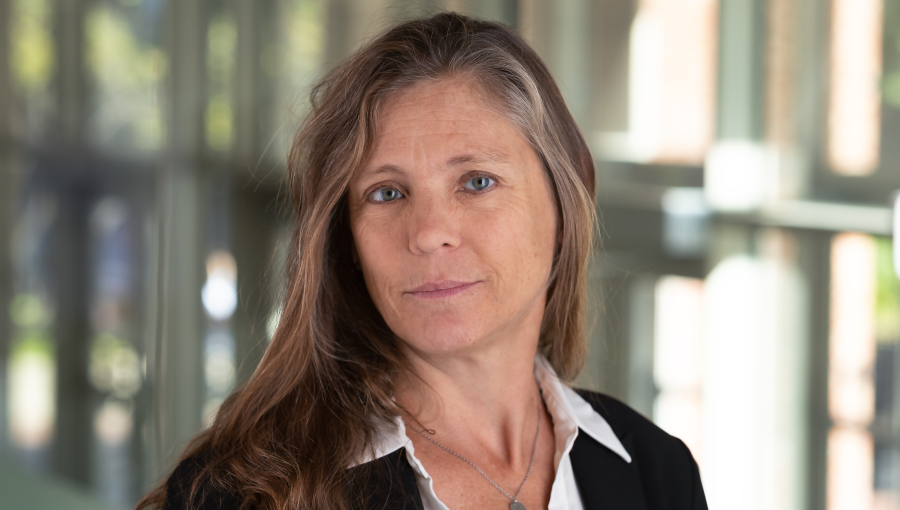Meet Angela Brintlinger, Member of Guarini Institute Advisory Council
Angela Brintlinger has a Ph.D. in Slavic Languages and Literatures from the University of Wisconsin-Madison and is a professor of Russian literature, chair of Graduate Studies and Director of the Center for Slavic and East European Studies at Ohio State University. She writes primarily about Russian literature, culture, and film, and is an expert in émigré culture, food studies, and translation. She held the Fulbright Distinguished Chair of Slavic at Warsaw University. Angela Brintlinger joined the Guarini Institute Advisory Council in Summer 2019.

Angela Brintlinger
Tell us about yourself.
I tell my students in class: “I’m a lit chick! I do literature, so I’m going to bring poetry into whatever we are doing.” But I’m also something of a historian, and I’ve discovered over the last 25 years of work at Ohio State that I really am studying history and culture all the time.
How do literature and history connect to politics?
History, literature, and culture in the Russian or Eastern European sense include politics and the relationship between institutions. One of the things I am fascinated with is language, or more specifically trying to figure out how the linguistic context reflects what happens in any culture. There is a lot in language that helps us understand the political structures of a society. This is why I feel like I fit well into the Guarini Institute for Public Affairs.
As member of the Advisory Council of an institute that deals with international relations, you are knowledgeable about foreign affairs. Lately, the situation in Iran has been widely covered in the news. What are your feelings about the situation?
I think we are all very upset and nervous about what is happening across the world. Mistakes have been made on both sides. But what really concerns me are the larger repercussions of what individual posturing is causing, such as the downing of the Ukrainian plane. It was a mistake, but these mistakes happen when we are all armed to the teeth, fighting and using fighting rhetoric.
Interestingly, one of the authors that I studied was Alexander Griboyedov, a Russian poet who was murdered in Tehran in 1829. At the time he was working as a diplomat for the Tsarist government and was sent to Tehran to enforce a particularly punitive set of conditions after a peace treaty that he helped negotiate. However, the treaty was a deceit from the Russians. Hence, the murder of Griboyedov was the Iranian revenge. This situation has yet to be clarified, but it originated from political intrigues that resulted in people dying. From that moment, there is an expression in Persian that Iranians use when they feel like they are being cheated. They will sometimes say “Ay, ay Turkmenchay”, which is the name of the treaty that Griboyedov was sent to enforce. The sense was that the Russians had cheated them with this treaty, created very punitive conditions and then Iranians got their revenge.
Today we have to hope that our politicians can work things out in a diplomatic way, without civilian casualties. One of my own aspirations as an academic has been to maintain connections in Russia and Eastern Europe regardless of the political situation. Academia should act as a bridge that connects our countries and our cultures. When people have individual relations with citizens from other countries, these bridges can help de-escalate political problems.
The JCU Guarini Institute is currently undergoing a reshuffle that will result in a majority of women present in its Advisory Council. How do you think this will impact the University’s gender spirit?
I’ve been on the Advisory Council for about 6 months and the issue of gender equity has been coming up regularly. I think that it is fairly normal to have a representation of women that mirrors society, where women are often as qualified, and in many cases more qualified than men. In regard to John Cabot, I’m not sure the Advisory Council has any direct impact on the student body. However, having a significant presence of authoritative women creates an important pathway for students. When women understand that their voices are equally valid, and valued, they can thrive. I am pleased to notice how many of the women on the Advisory Council are journalists. Journalism is in danger these days. It is something we need to be very aware of, and the Guarini Advisory Council is doing its bit to make sure to highlight successful journalists.





